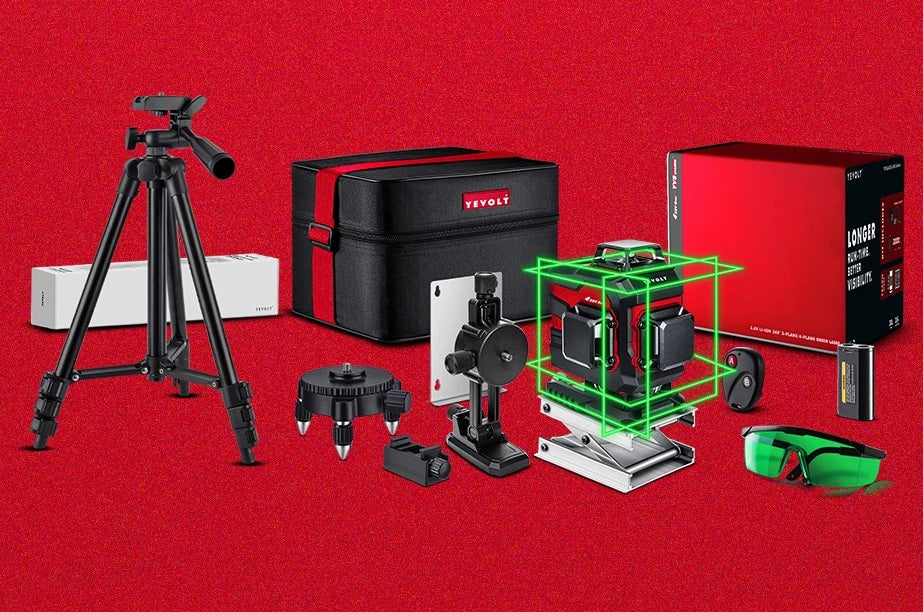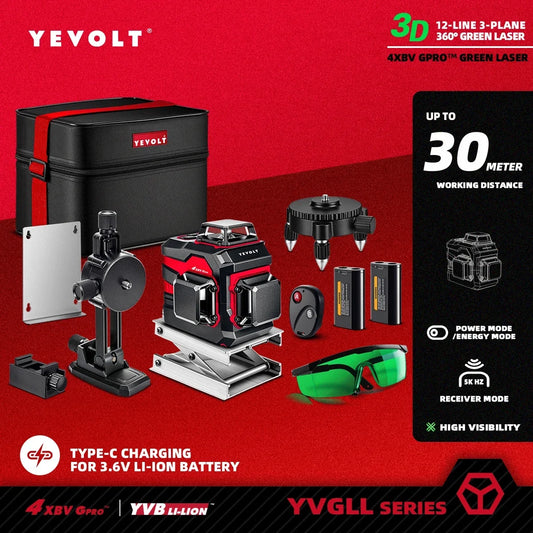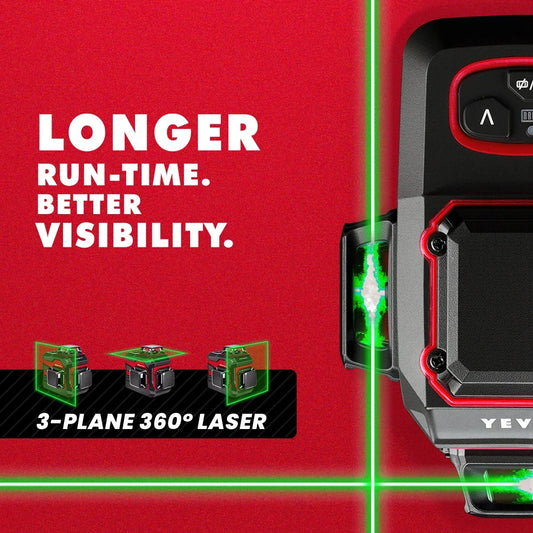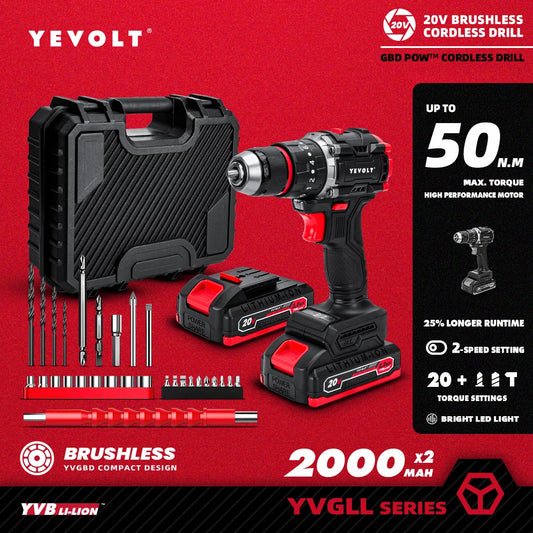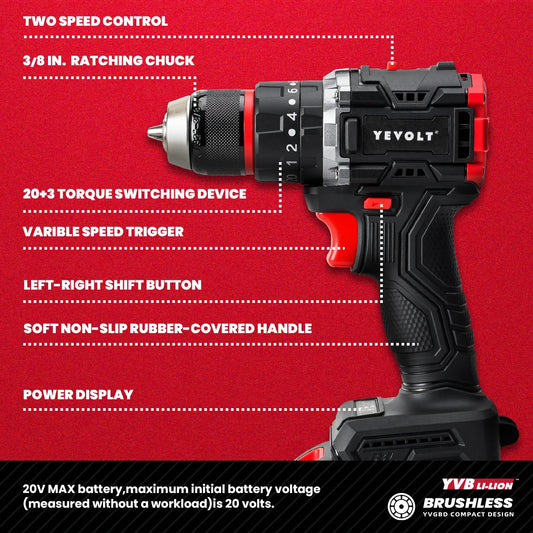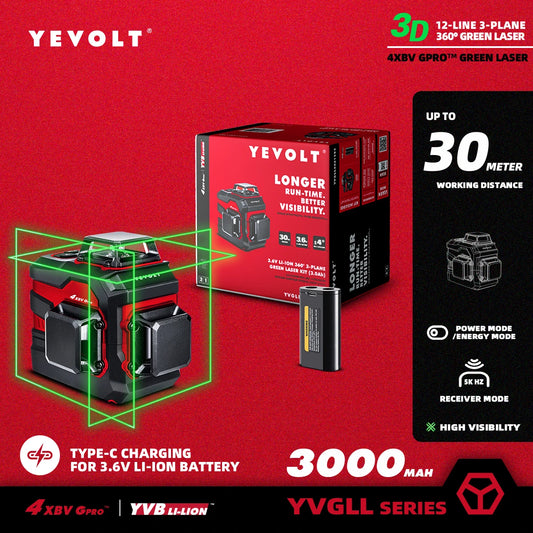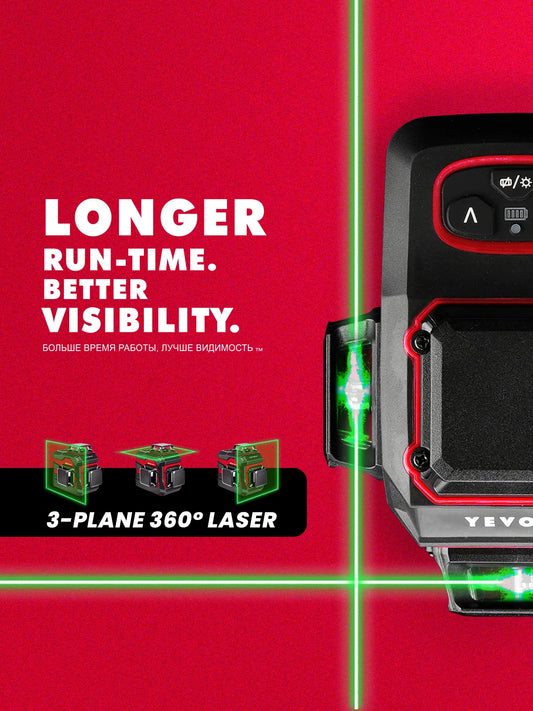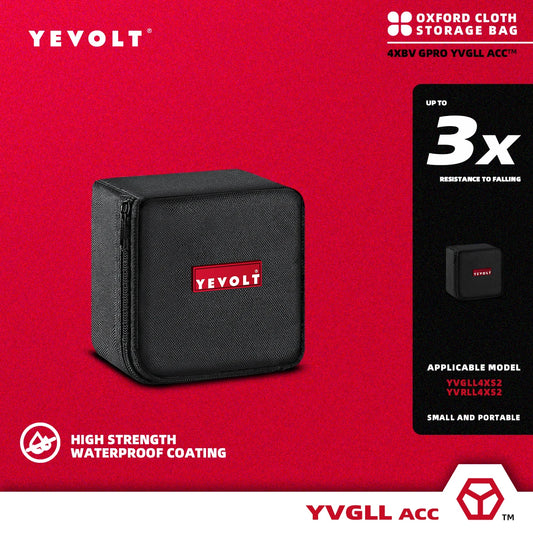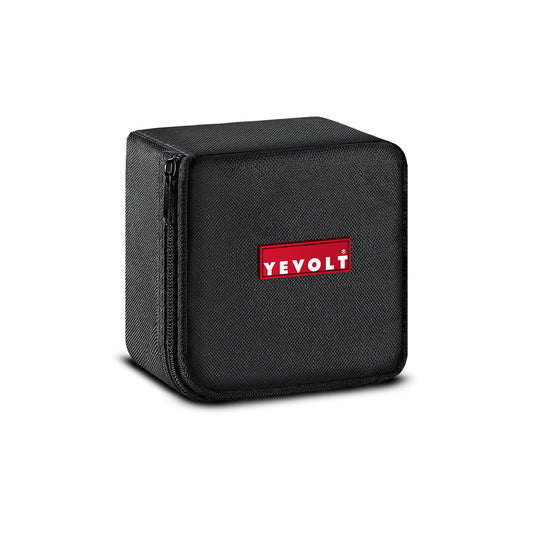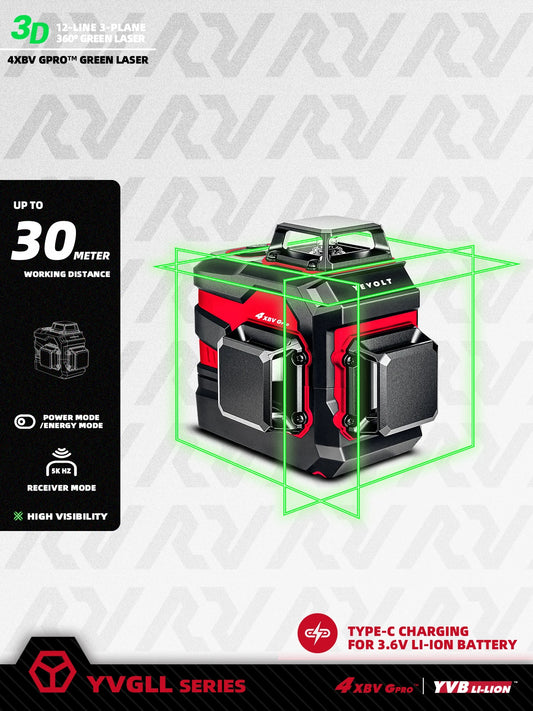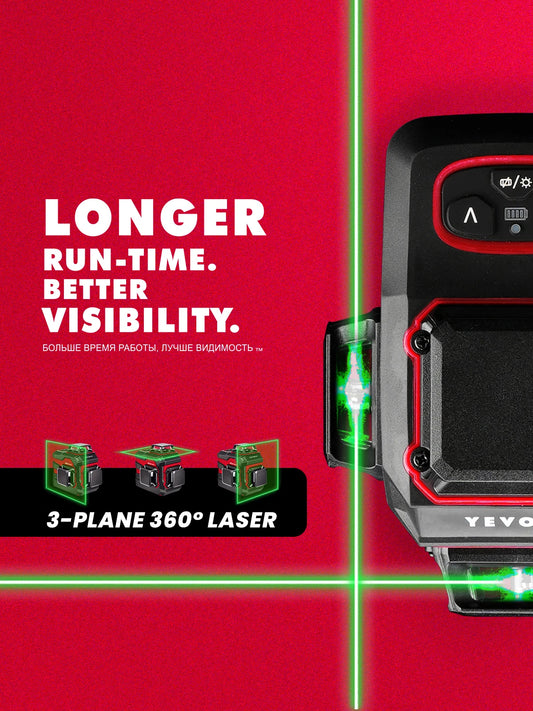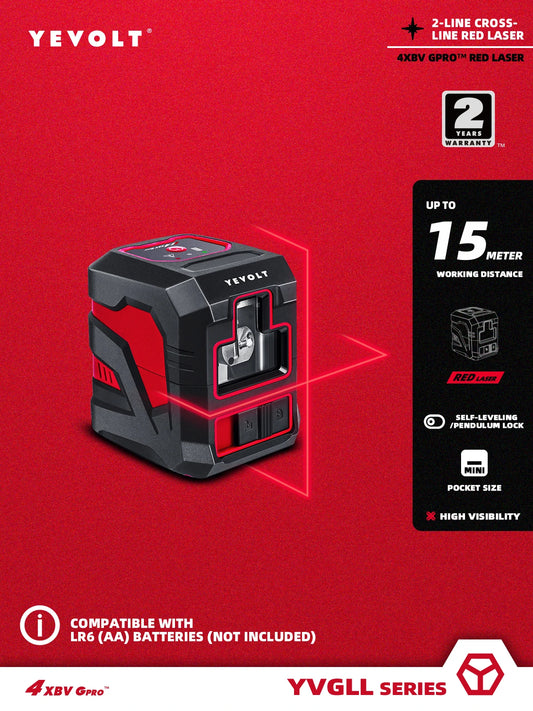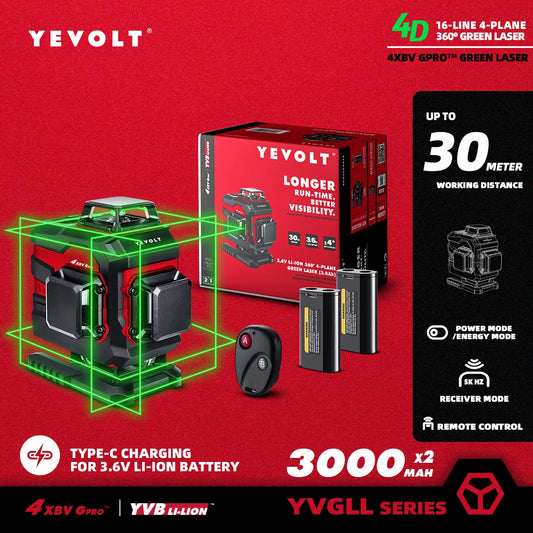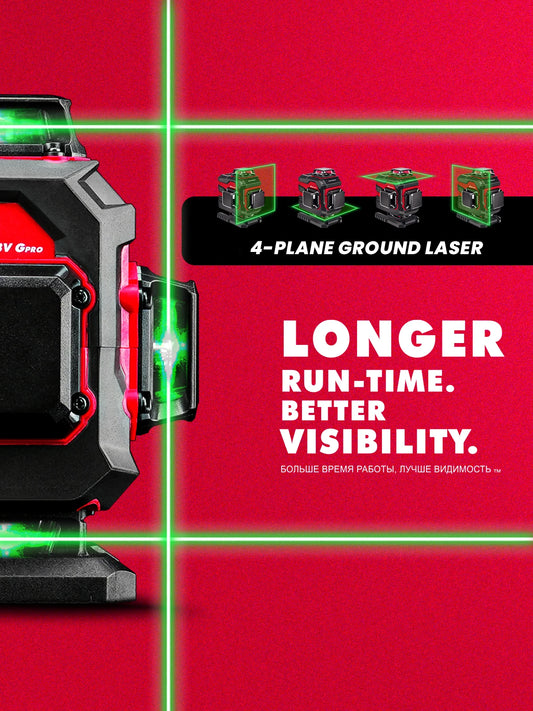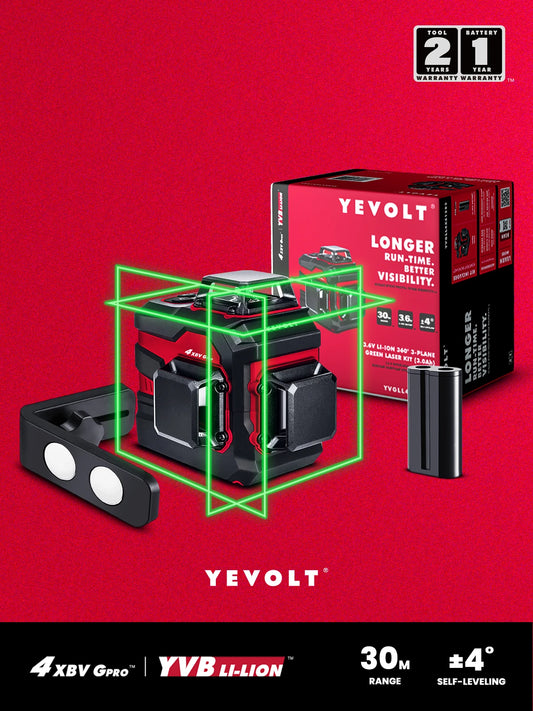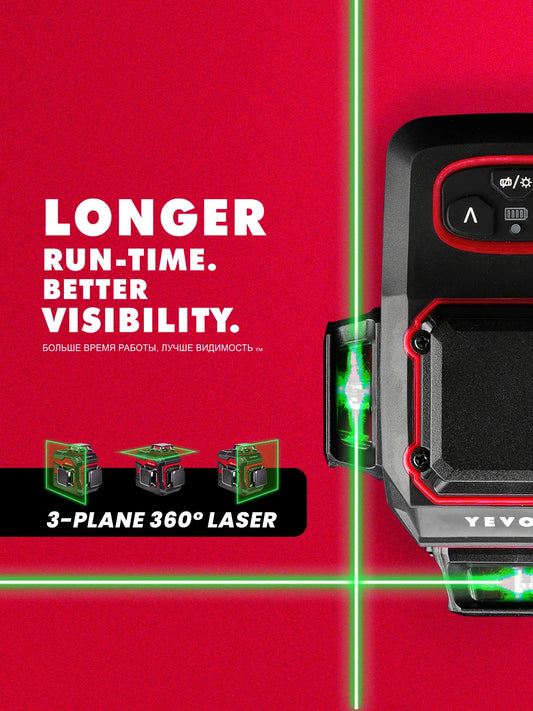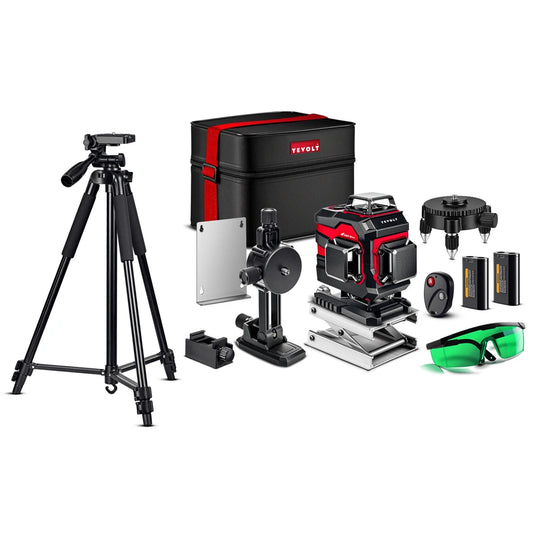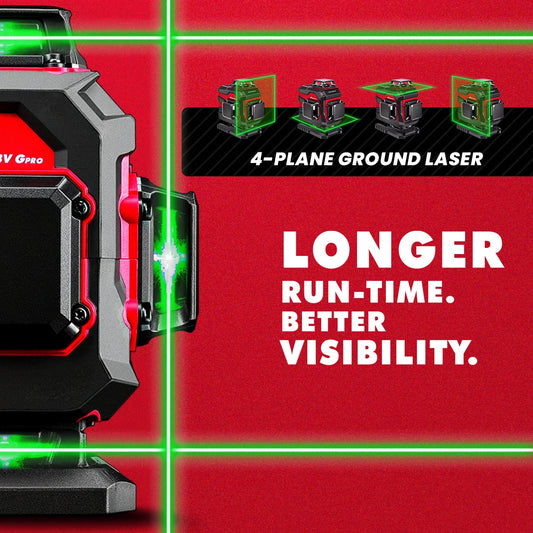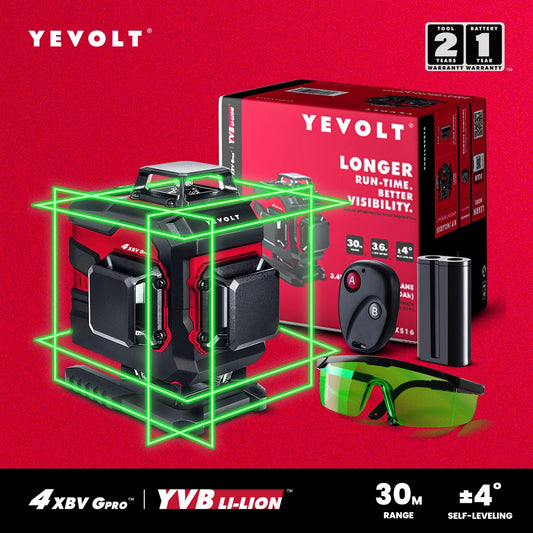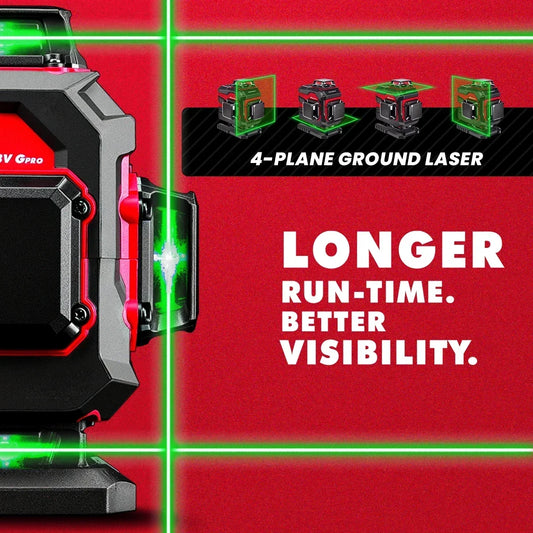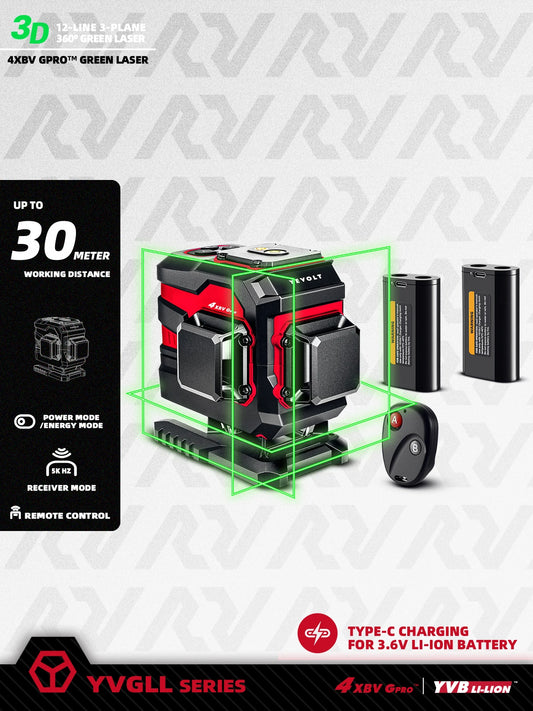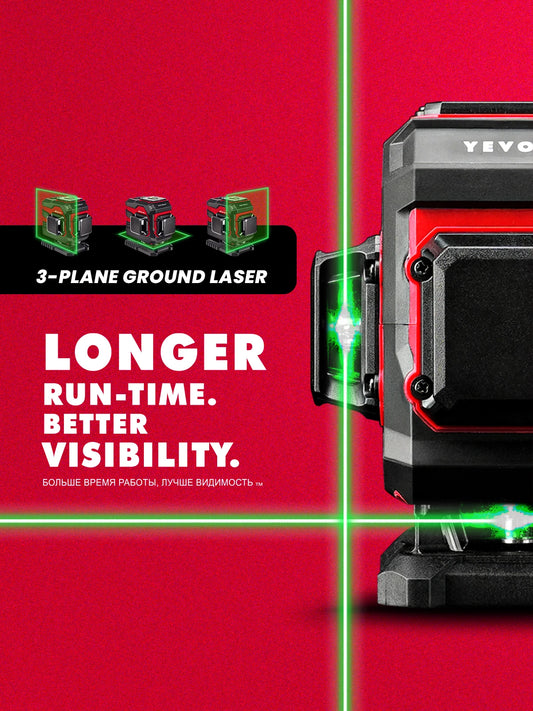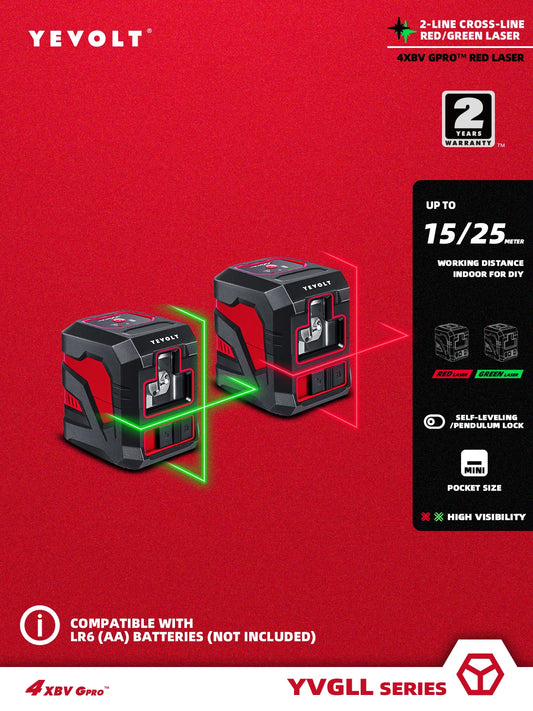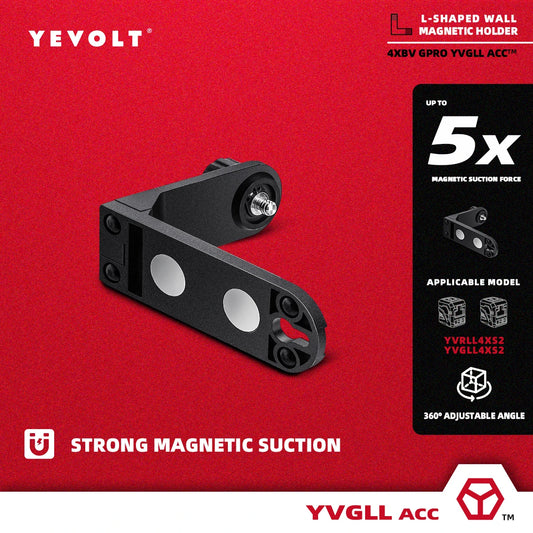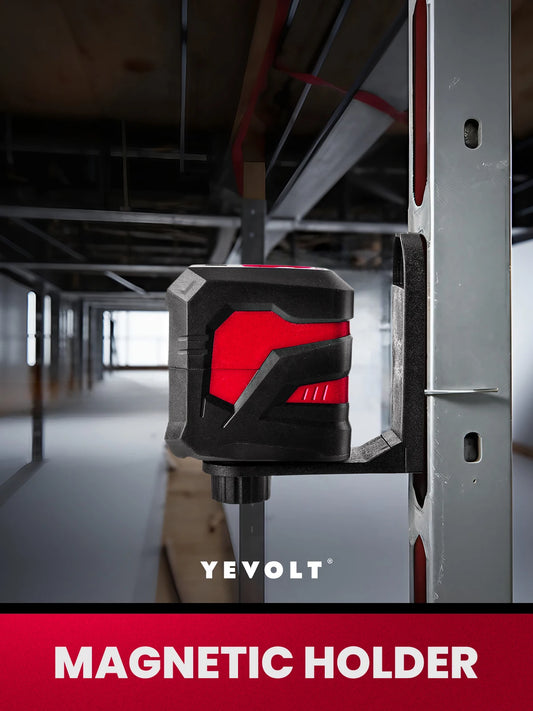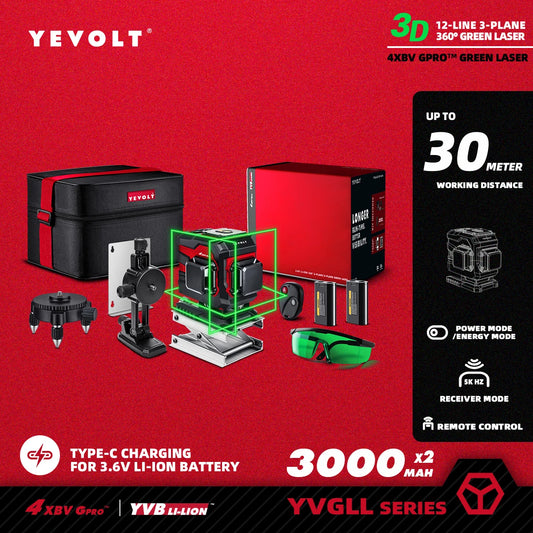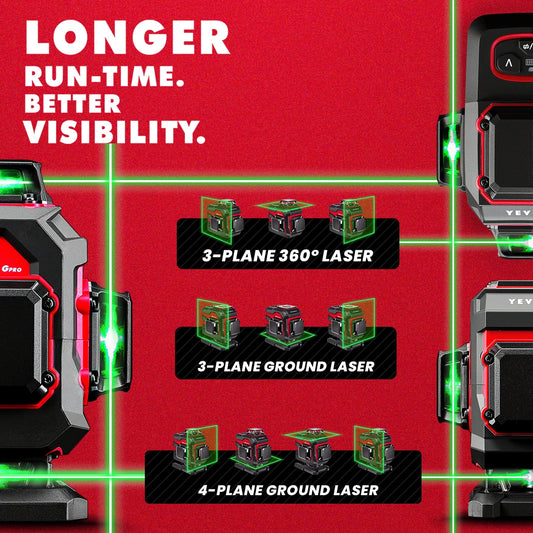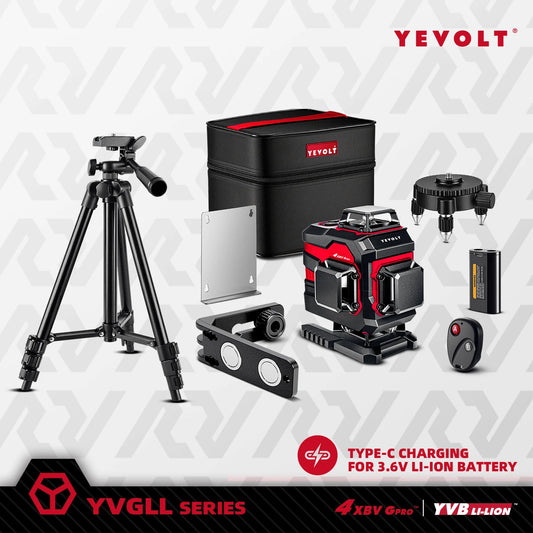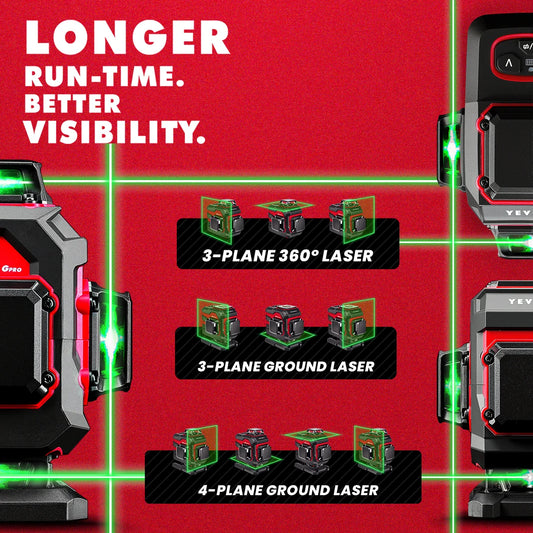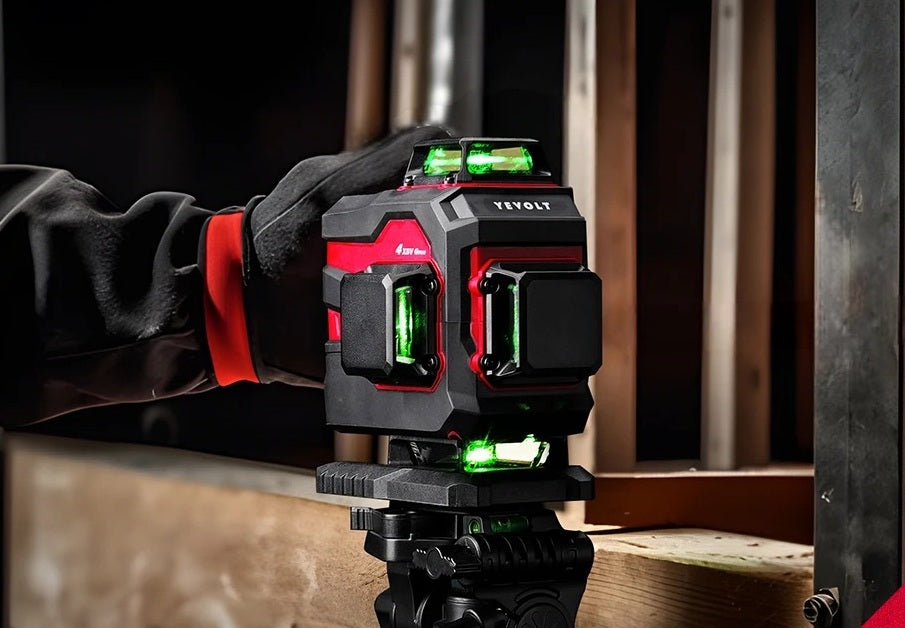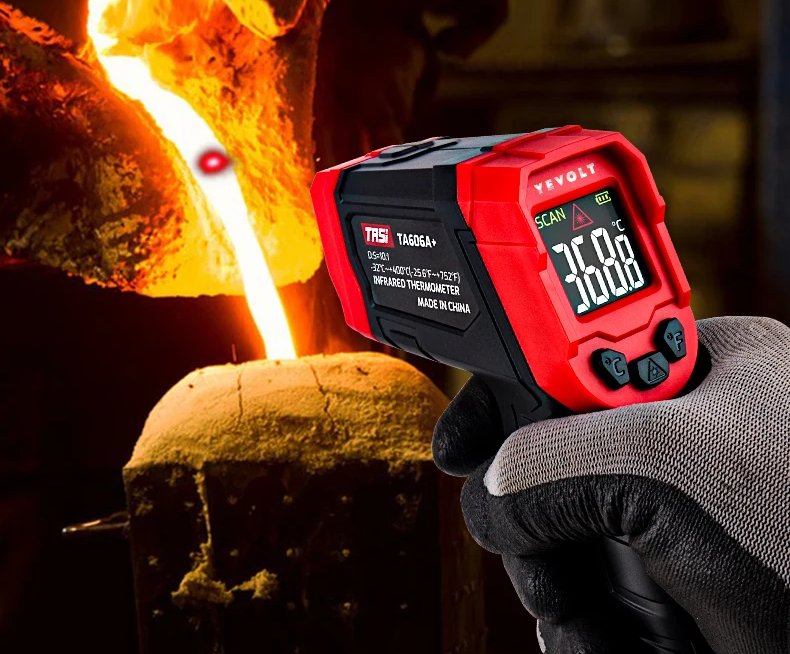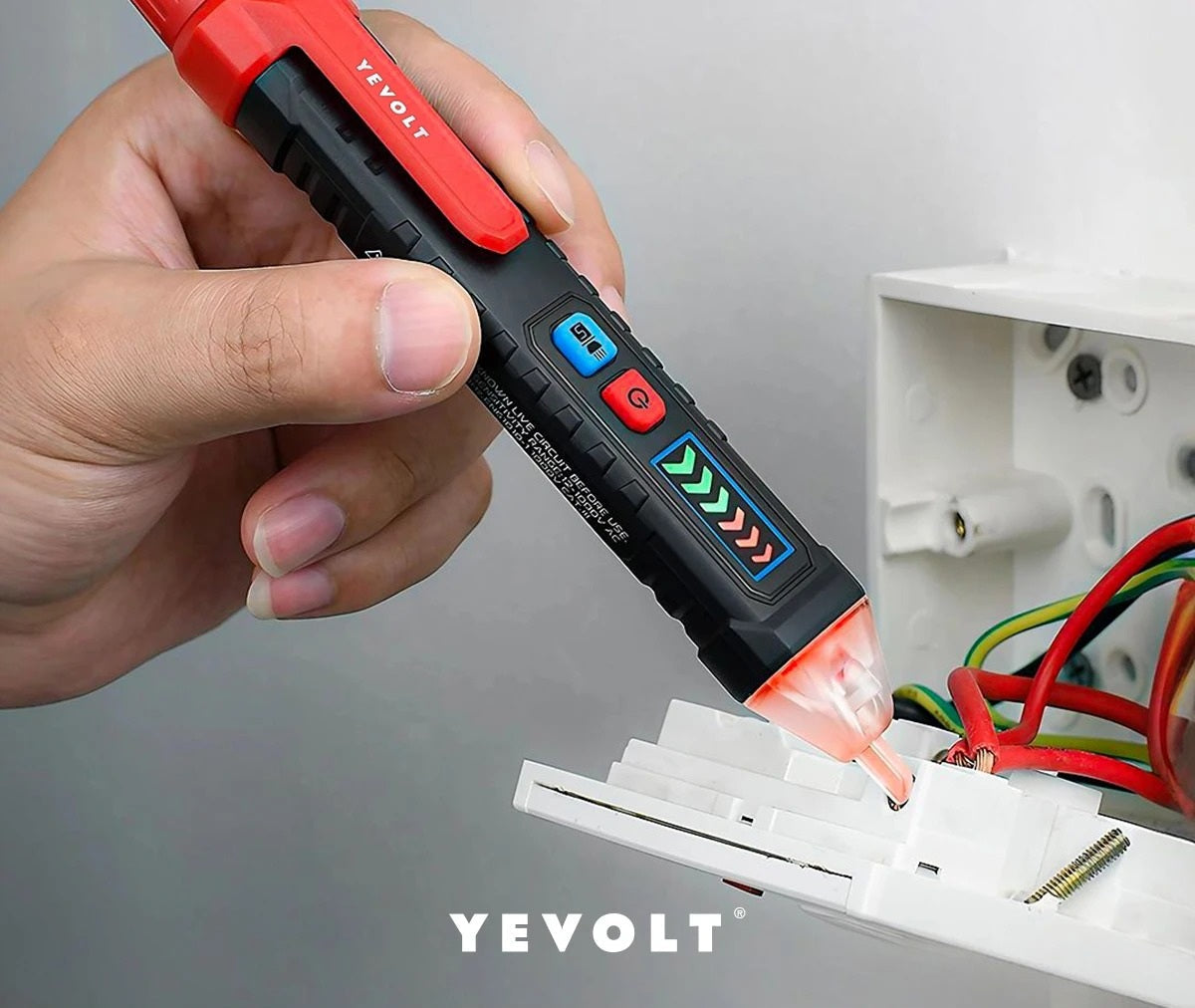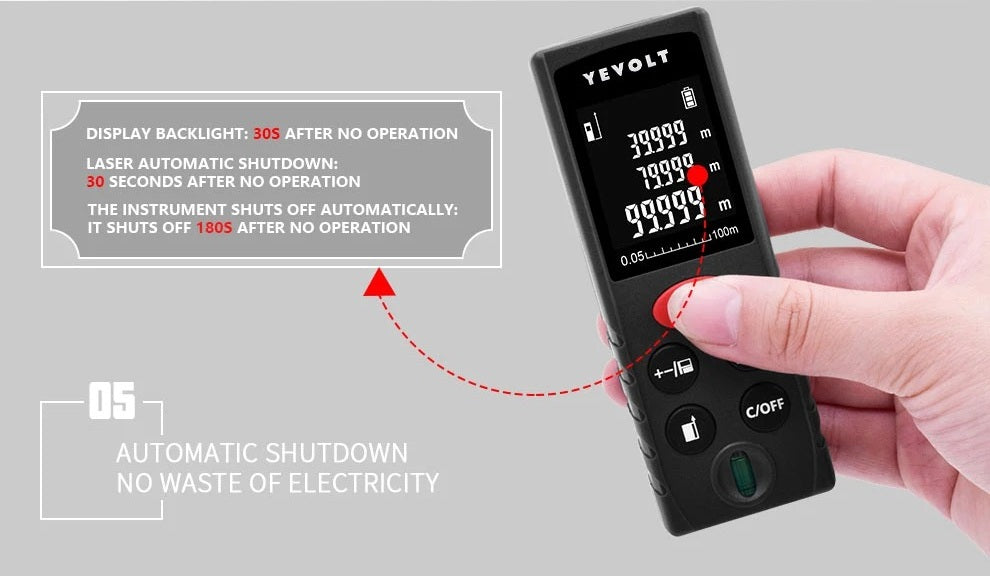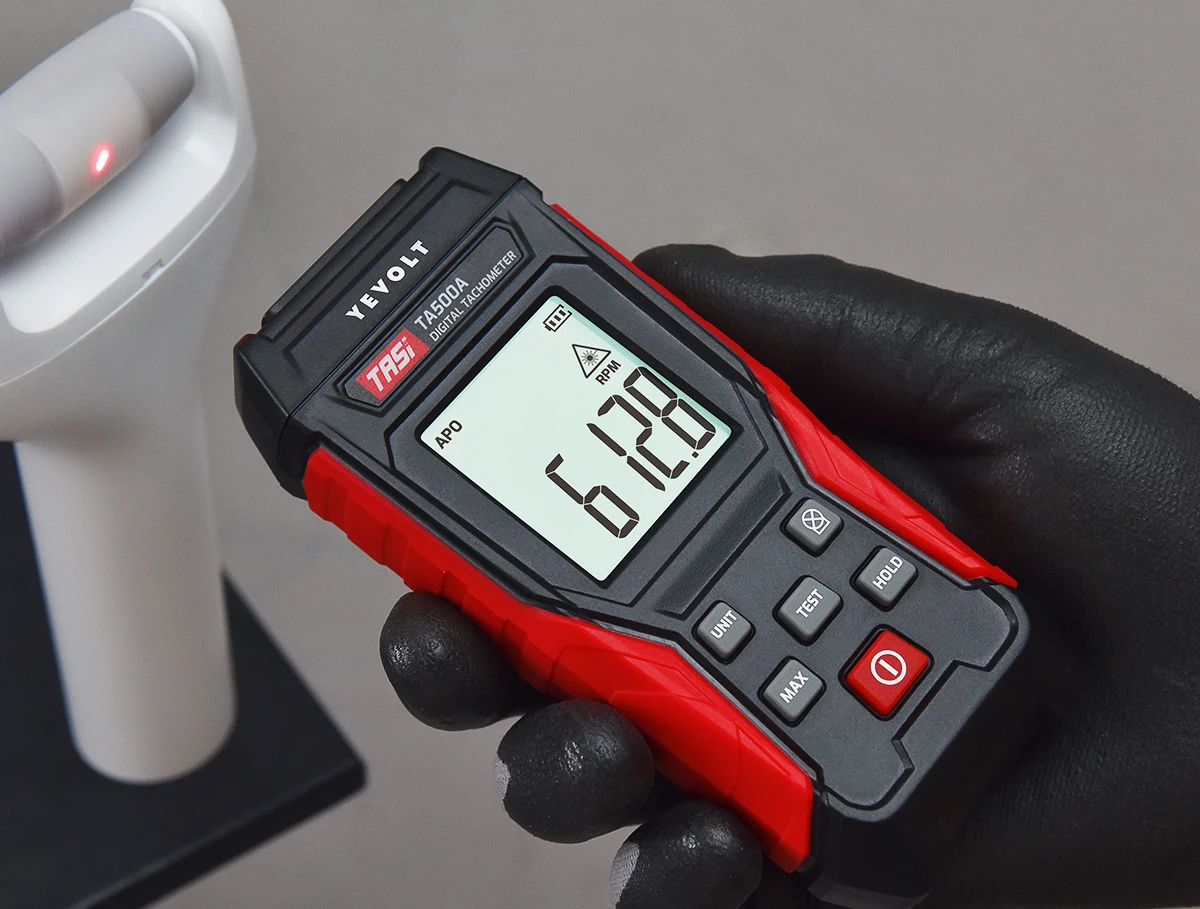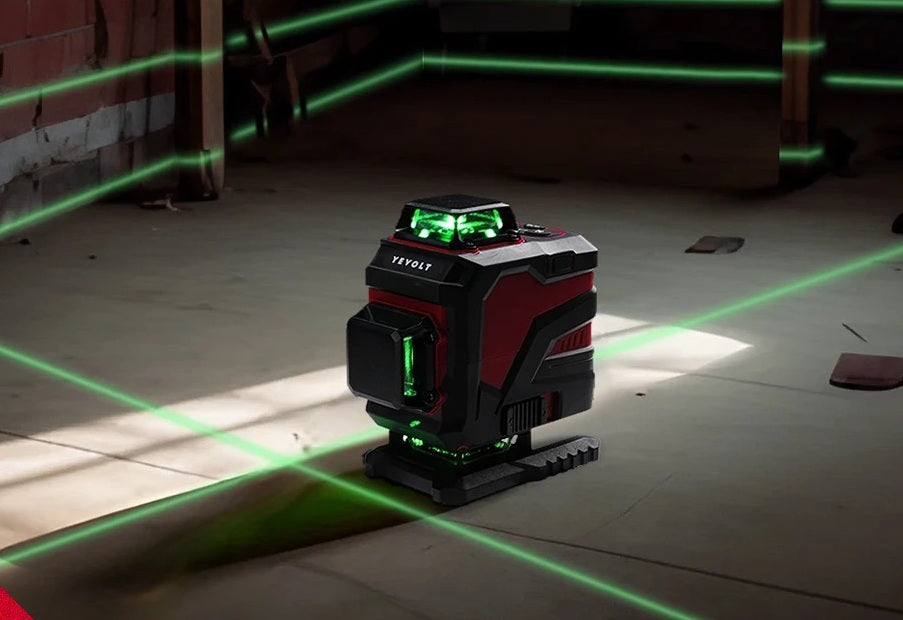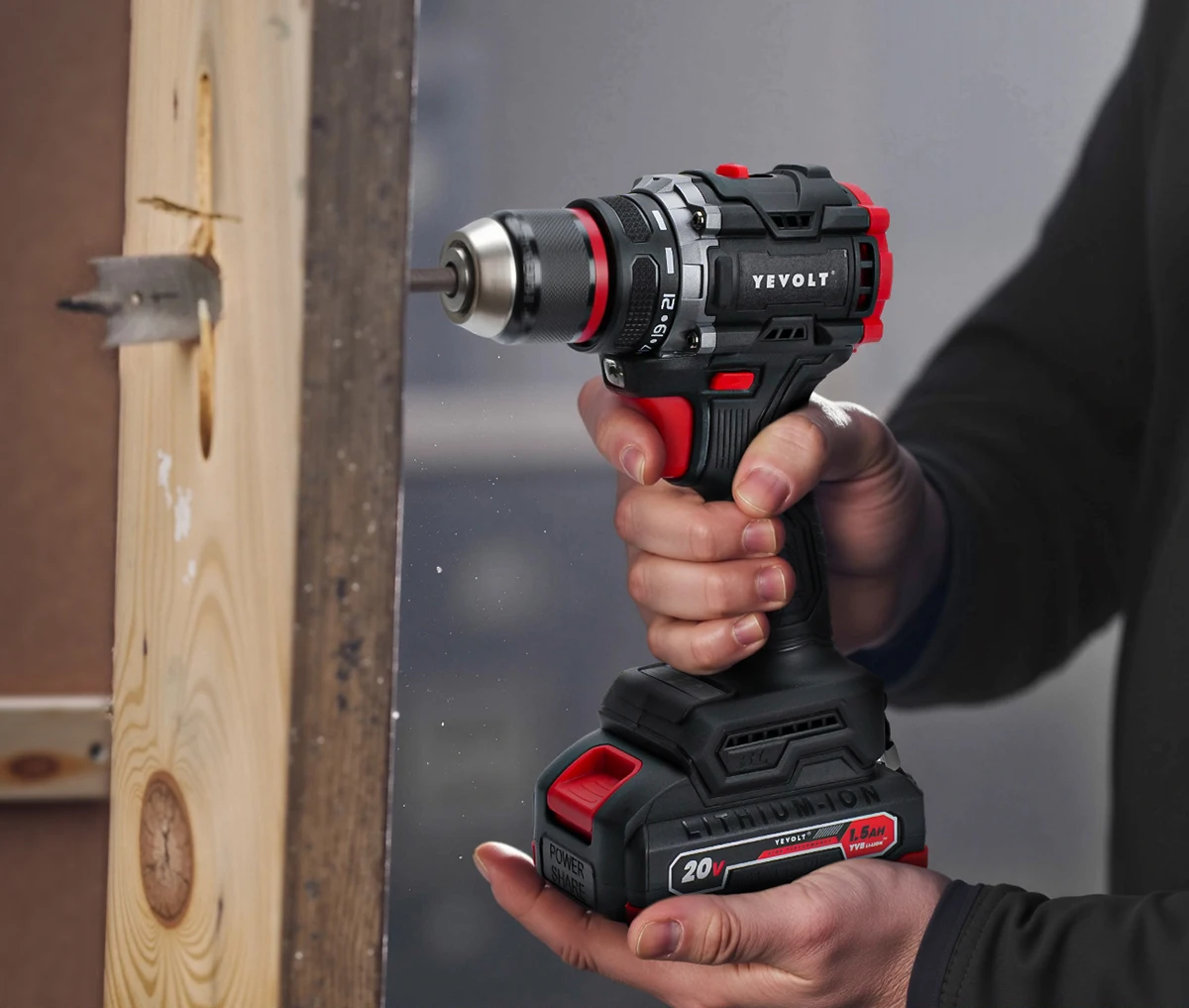Power Tool Battery Standardization 2026

Share
As someone who’s spent years working with power tools, I know the frustration of juggling different batteries, chargers, and voltages across brands. Whether you’re a professional contractor or a weekend DIYer, you’ve probably asked the same question I did years ago: Why isn’t there a universal power tool battery standard? The truth is, battery standardization is not just a convenience — it’s the next big leap in tool efficiency, sustainability, and user experience.
In this article, I’ll break down what power tool battery standardization really means, why it’s becoming a top priority in the power equipment industry, and how brands like YEVOLT.NET are driving innovation toward a more connected, compatible ecosystem. By the end, you’ll understand not only the benefits of standardized batteries but also the economic and environmental value they bring to professionals and consumers alike.
If you care about performance, battery longevity, safety, and the future of cordless tools, this is one discussion you don’t want to miss.
Best Power Tools | Shop YEVOLT Best Sellers Now
What Is Power Tool Battery Standardization?
Simply put, battery standardization is the movement toward creating interchangeable batteries that can power multiple tools across brands. Imagine owning one 18V or 20V battery system that seamlessly fits your drill, impact driver, grinder, and saw — regardless of who makes them. That’s the promise of standardization.
At its core, standardization involves aligning voltage, battery interface design, charging protocols, and electronic communication between the tool and the power source. The result? Cross-brand compatibility, less electronic waste, and simpler logistics for everyone from manufacturers to end users.
2 Line Lasers | Shop Now

Hammer Drill | Rotary Lasers | Laser Distance Meter | Multimeters | Clamp Meter
Why Standardization Matters in Today’s Power Tool Industry
1. The Problem with Fragmentation
Every major brand — from DeWalt to Makita to Milwaukee — has developed its own battery platform. While these systems have improved tool performance, they’ve also created silos that trap users within one ecosystem. That means owning five tools from five brands could mean managing five different batteries and chargers.
This fragmentation not only adds cost and clutter but also increases battery waste, since old or incompatible batteries often end up in landfills.
2. The Rising Cost of Battery Incompatibility
Lithium-ion technology has made batteries more powerful but also more expensive. Replacing multiple brand-specific batteries can easily cost hundreds of dollars a year. For tradespeople and contractors, that’s money that could be better spent on expanding their toolkit or investing in smarter, longer-lasting power systems.
Cordless Drills | Shop Now
The Push Toward a Unified Battery Ecosystem
The Role of Industry Collaboration
Leading industry players have recognized the need for change. In Europe, initiatives like CAS (Cordless Alliance System) have already introduced a shared 18V battery platform across several manufacturers. These partnerships prove that cooperation doesn’t have to mean sacrificing innovation — in fact, it enhances it.
The Environmental Imperative
From a sustainability standpoint, standardized batteries mean fewer redundant products, longer battery lifespans, and less e-waste. As the demand for eco-friendly manufacturing grows, standardization aligns perfectly with global sustainability goals and circular economy principles.
User-Centric Benefits
For end users, the value is clear:
-
Reduced costs — fewer batteries to buy and replace.
-
Simplified workflows — one charger for all tools.
-
Portability and convenience — less gear to haul to job sites.
-
Reliability — shared standards ensure predictable performance and safety.
Infrared Thermometers | Shop Now

Hygrothermograph | Moisture Meter | Illuminometer | Anemometer | Sound Level Meter
Challenges in Power Tool Battery Standardization
Despite the advantages, achieving universal standardization isn’t simple.
-
Proprietary Technologies: Each brand has its own engineering standards for efficiency, heat management, and safety features. Sharing these could compromise competitive advantage.
-
Voltage Variability: Different tool categories require varying power levels — from compact 12V drills to high-performance 60V saws — making universal compatibility complex.
-
Brand Identity: Battery ecosystems are core to brand loyalty. Many companies fear losing their customer base if they adopt open systems.
Still, with growing market pressure and user demand, collaboration is becoming not just a possibility but a necessity.
How YEVOLT.NET Is Driving the Future of Battery Compatibility
At YEVOLT.NET, we believe the future of cordless technology depends on open battery ecosystems that prioritize the user. Our approach focuses on:
-
Cross-brand integration: Designing smart battery adapters that bridge existing systems.
-
Smart energy management: Leveraging AI-powered battery monitoring to optimize charge cycles and extend battery life.
-
Sustainability-first innovation: Using recyclable materials and modular battery architecture that supports future upgrades.
By building technology that connects rather than divides, YEVOLT.NET is helping set the new standard for universal power tool performance.
Laser Levels | Shop Now
The Future: A World of Seamless Power
Imagine walking into your workshop, grabbing any tool, and knowing your battery will fit — that’s not a distant dream. As more brands adopt shared standards and as innovation accelerates in battery management systems (BMS), wireless charging, and smart connectivity, the age of true battery standardization is closer than ever.
In a few years, I believe we’ll see interchangeable batteries become as common as USB-C chargers — a universal interface that makes life easier for everyone, from hobbyists to professionals.
Final Thoughts
The shift toward power tool battery standardization represents more than just a convenience — it’s a global step toward efficiency, sustainability, and user freedom. With technology evolving rapidly, it’s time for manufacturers, suppliers, and innovators to embrace compatibility as a cornerstone of progress.
At YEVOLT.NET, we’re not just watching that future unfold — we’re building it.
Voltage Testers | Shop Now
